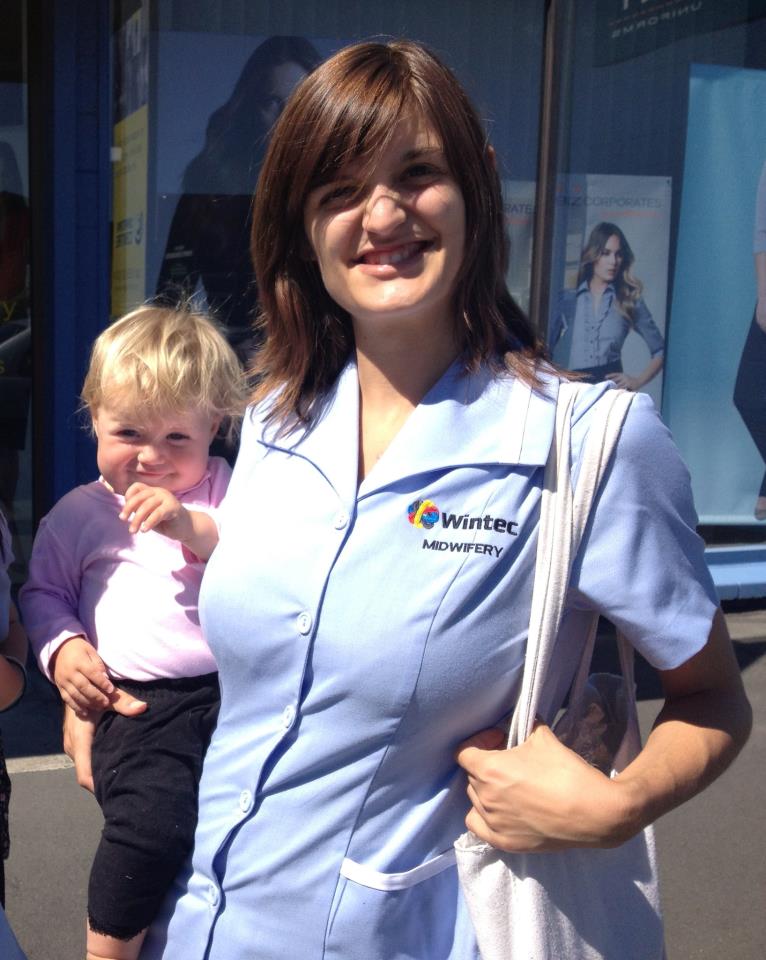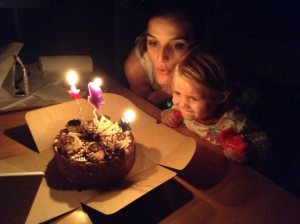This year, the Auckland Writers Festival became a casualty of the pandemic. For me it was no loss. I always have other plans at the time the festival is held. I always know—pandemic or no pandemic– I won’t be going.
One year I almost went. In May 2015, I bought tickets to listen to Atul Gawande. Gawande, a doctor and writer, had just written his bestselling book Being Mortal. My copy had barely arrived when I found out from my doctor friends that Gawande was going to be in New Zealand for the festival. When I bought the tickets, I didn’t know that instead of listening to Atul Gawande speak about mortality, I’d be attending a private tutorial on the subject. It was the funeral of my daughter.
I’ve kept the ritual of not going to the Auckland Writers Festival ever since. Not because it wouldn’t be a fantastic festival, but because every May I am paralyzed by grief. I don’t even need to look at a calendar to know what’s coming. My body clock automatically senses the stars aligning. It registers the quality of daylight, the pollen pattern in the air, the particular rustle of leaves, the form of birdsong. Some internal clockwork samples the soundscape, scentscape, landscape, and smellscape. At precisely 4.15 pm everything is a match. So begins my involuntary commemoration of the time that a daughter shaped window opened up in the sky. Grief is go for launch.
We traumatically bereaved know something about events that change the entire purpose and meaning of your life. Everything that happens before is before. Everything that happens after is after. A date and time in a whole lifespan where the world tilts, a kind of solstice of your existence. My daughter’s death prepared me for this new crisis. This pandemic is a dawdle by comparison.
In lockdown, I finished a lot of partially started books, but I never read Gawande’s. In the years that have passed since she died, I couldn’t crack the cover open. Maybe there’s some great stuff in there, but suddenly I didn’t want to read a doctor’s doctorsplaining of death. I was not the least bit curious about anyone’s opinion about the subject.
That didn’t stop well-meaning friends sending samples of existing commentaries on grief. They were in an accidental competition of the wrong things to say. But what is the right thing? If other people wanted to tell me “She is just behind the veil” (nope) “God only takes the best” (nope again) “Time heals all wounds” (definitely not) I knew they had good intentions. I didn’t believe their ignorance was malicious.
My fellow doctors were another story, which I will save for another time. I just remind you for now of Anne Lamott’s view that if you want writers to write warmly about you, you should have probably treated them better. Some of these doctors had gone to the festival and read the book. Their sustained lack of compassion confirmed a view that medical school selects for people who are good at reading words but not in the practical application of kindness. Maybe Gawande himself is different, but I will probably never know.
My friend Deb, who is a writer, has been to several writer’s festivals. She told me about a workshop she went to at one which was all about writing the hard stuff. There is a trick to writing things that might be off-putting to your reader, she said. That would be useful if you are writing things with readers in mind. Margaret Atwood wrote that it’s useful to be indifferent to readers. Instead, Atwood claims, you should write as if you possessed magic fingers: like so. From the forefinger of your writing hand the ink flows out along the page, even as the forefinger of your other hand comes along to erase it.
Dear reader, I have not told you the worst of it. My daughter died on Mother’s Day. She lived long enough from my attempt to revive her to make it to the ICU, where the consultant on call told us she was brain dead, and that we should allow her to disconnect the ventilator. I asked her how she knew that was the right decision. She pointed out that they’d done all sorts of invasive things to her without any anesthetic. But I had seen them draw up drugs to paralyze her before the tube went down her throat. “That’s not true” I said. “Well then” she harrumphed. “If you are going to be like that”. I did not know how I was going to be. Dear reader, I have not read Atul Gawande’s book, perhaps it contains the instructions.
I have read the book The Black Swan, wherein Nassim Tareb describes the gigantic library of Umberto Eco. Many visitors admire the books, for surely Eco had read them all. But he had not read them all. Taerb points out that the books we have not read are more valuable than the ones we have read. He speaks of these unread books that “peer at us menacingly from their shelves” as the anti-library. Some personal libraries can become monuments to our inabilities, to procrastination, a lack of attention, in my case, pain.
Tareb reminds us that the anti-library’s great value is in revealing that there is a shadow side to knowledge we don’t normally consider. There are entire sections in any library we could view as shrines to our own ignorance. Things we’d rather not know about (like when your child dies) in one section. Things we wish we did know but didn’t make the time to find out. Worst are the books we won’t read because we think we already know the answers. We believe lies when we could avail ourselves of the truth.
A few months after I didn’t attend the Auckland Writers festival, I got some mail from their sponsors. I hadn’t realized I’d sold my address with the ticket I didn’t use. It was a flyer from a chain of old folk’s homes, which (in effect) hoped I’d enjoyed Atul Gawande’s presentation, and had I considered that I might want to check out their services, for myself or a loved one, who were, after all, only mortal. I took a photo of the ad and put it on twitter, wondering if Gawande had known about the endorsement. He tweeted that he had not. I got a private message from one of the organizers asking me to take down the tweet. Maybe it was this part that bothered me the most. That the organizer would think I would simply comply without caring to know the multitude of reasons for my outrage. They seemed to care only they’d caused Gawande offence.
This year the Auckland Writers Festival had a great line up of speakers that no one will be in attendance to hear. I will attend my anti-festival, an event no plague can interrupt.
This year I plan to read The Little Prince, Antoine de Saint-Exupéry’s classic work. The Little Prince lives on Asteroid 325. Every day he cares for his planet, and also a sheep and a rose. One day he sets off on an adventure. He lands on Earth, in the desert. He befriends a pilot of a downed plane. Exactly a year later, coinciding with the pilot’s success at engine repairs, the little Prince lets a snake bite him, under the exact spot he landed. His body falls noiselessly in the sand. We are meant to imagine his spirit rising, in a linear fashion, into the sky and up up up. Asteroid 325 will be directly overhead then.
On this same fine day in May, when the world strikes a certain angle, I will be catapulted into loss. On the anniversary of my daughter’s death, the sky is always a crisp autumn blue. I will go outside and crane my head upwards. I won’t see anything. There is always too much light.
*******







